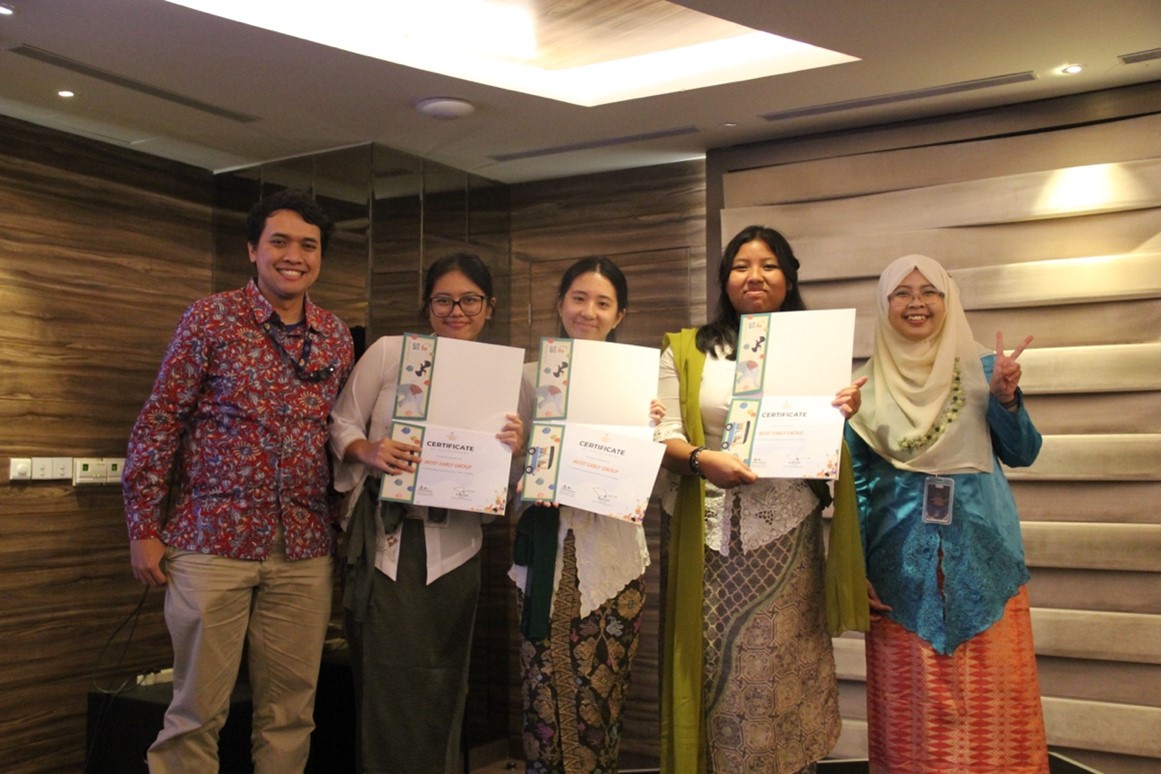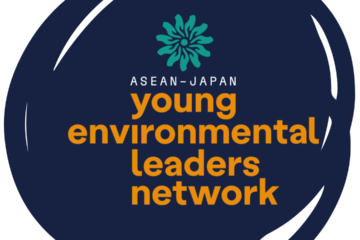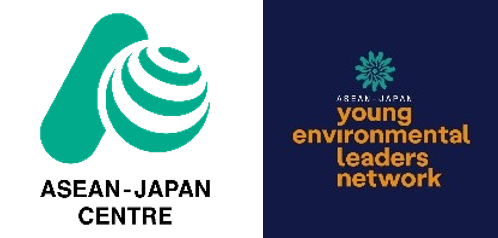
Reported by Eco4Shore, Team Indonesia:
Vanessa Lee, Nathania Karina Anggraini, Dina Wiantari and Johanna Gracia Sunarno
1. Key takeaways
- Communication Skills Improvement: Most of the fellows, especially those who participated onsite, reported that the program significantly boosted their confidence in speaking English with each other. This improvement in communication skills was due to the necessity of quickly understanding what they heard and formulating appropriate replies within the limited time of conversation. Additionally, the fellows gained valuable insights into written communication, such as creating posters and conducting social media campaigns.
- Problem Solving and Creative Thinking: The program enhanced the fellows’ capacity and broadened their approach to solving problems they might face. This was combined with creative thinking processes demonstrated in many sessions throughout the program.
- Adaptability, Flexibility, and Teamwork: The fellows learned how to be adaptable when unforeseen circumstances arose, to be flexible if there were changes to their plans, and to maintain the highest level of teamwork to achieve their goals.
2. WHAT HAVE WE LEARNED?
- Self- and Team Awareness: In the program, fellows gained a deeper understanding of their motivations and received valuable insights from those who have already started their journeys. Sessions like “Defining Your ‘Why’” and “World Café and Sharing Session with Local Communities” focused on deepening their understanding of their current roles, maintaining motivation, and staying optimistic.
- How to Further Improve Environmental Campaigns: Before attending this program, most fellows already had their own campaigns targeting specific groups related to their team’s goals. However, there is always room for improvement. The program provided guidance on making their campaigns—whether physical materials like posters and banners or digital content on platforms like Instagram and TikTok—more effective. This can result in maximum exposure and reaching the most appropriate target audience, ensuring the campaign runs efficiently.
- Broaden Knowledge in Plastic-Related Research: The program included visits to government offices and schools such as the ERIA Regional Knowledge Centre for Marine Plastic Debris, ASEAN Secretariat, Mission of Japan to ASEAN at the Embassy of Japan in Indonesia, and Junior High School State 48 Jakarta. These visits broadened the fellows’ knowledge of current research on plastic and ways to address and improve the current situation. During these visits, fellows not only listened to updates on plastic and environmental issues but also engaged in interactive sessions with researchers, discussing these topics further with their peers, local communities, and students.
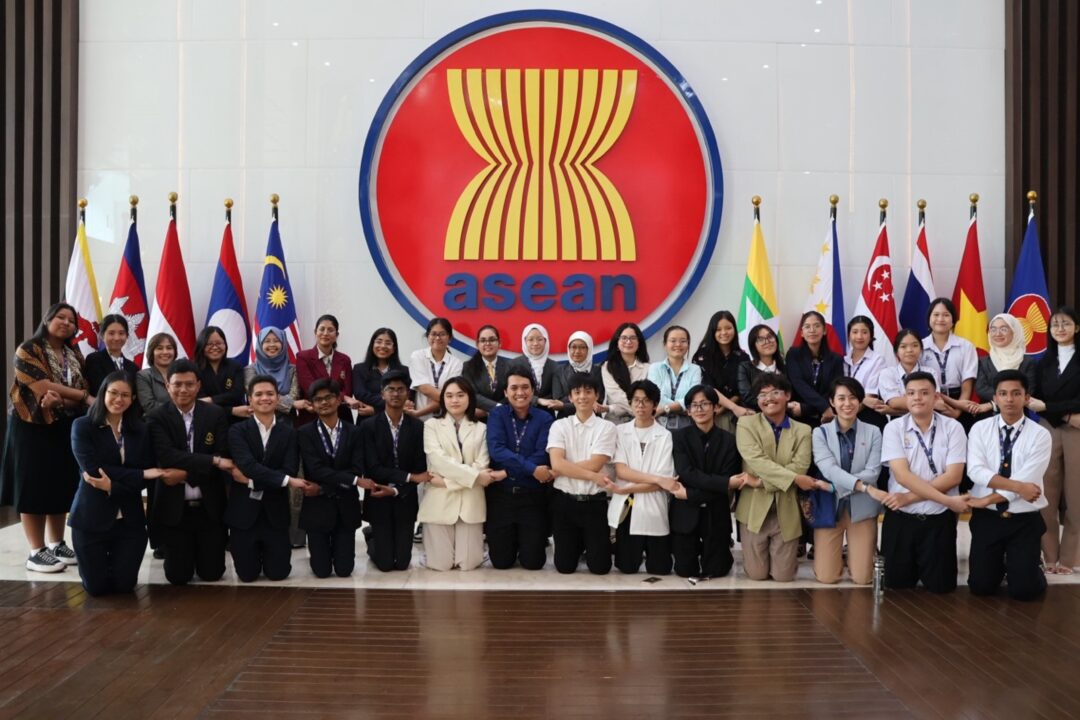
3. HOW CAN WE APPLY THESE LESSONS IN OUR PROJECT?
The training definitely helped me in implementing our project because all the workshops or sharing sessions we did whether it be with the speakers or other delegates, really helped widen my perspectives and become more motivated by how inspiring other delegates are and the experiences that the speakers had. Having feedback from the speakers and having discussions with them also immensely helped in how we’re going to implement our project in the future, such as remember to do brand audits or how to effectively implement waste management systems. The training also gave me a lot of sources or articles that I can reference in the future regarding successful practices that can be implemented.
Lastly, from the committee and other delegates with their support for our project really. —Vanessa Lee
It does, because when we do presentation about our project, people from local communities do comment our project and give better solutions for us to implement our project. Not just that, doing sharing sessions with other delegates/fellows, mentors, local communities, committees, and much more makes my vision to be widened and also helped me to think of a way that could help my team’s project to be more successful. With workshops that we did, we also learned about media and ways to promote our organization and programs in a fun way which it helps a lot because my team is looking for a way that we could attract more younger generations attention to tackle marine plastic pollution. —Nathania Karina Anggraini
Yes it helps me and my friends. With that training we learnt and get more knowledge especially in terms of environmental and what can we do to make our project runs well and organize better. —Dina Wiantari
Yes, the training helped us a lot with the project. From the pitching, we got a bunch of feedbacks that we could use to make our project better. It gave us new ideas and showed us what needed more work. With these suggestions, we could improve our project and make it more effective. The training gave us the tips we needed to boost our project’s impact.👍 —Johanna Gracia Sunarno
4. Outcome
The training program was helping the fellows to keep focus on what they are doing, strengthening their strong point and assist them in finding their weakness and how to overcome it. The program itself already well balanced with many insights from those with research background, leadership, and communication. From the technical aspect, the program also equipped with how to managed and run your campaign. All of these could further support the fellows in accomplishing their project and achieve their planned goal. In this program, the Indonesia’s fellows also won the Most Early Group award, shows the group dedication and responsibility in being on time on most occasions.
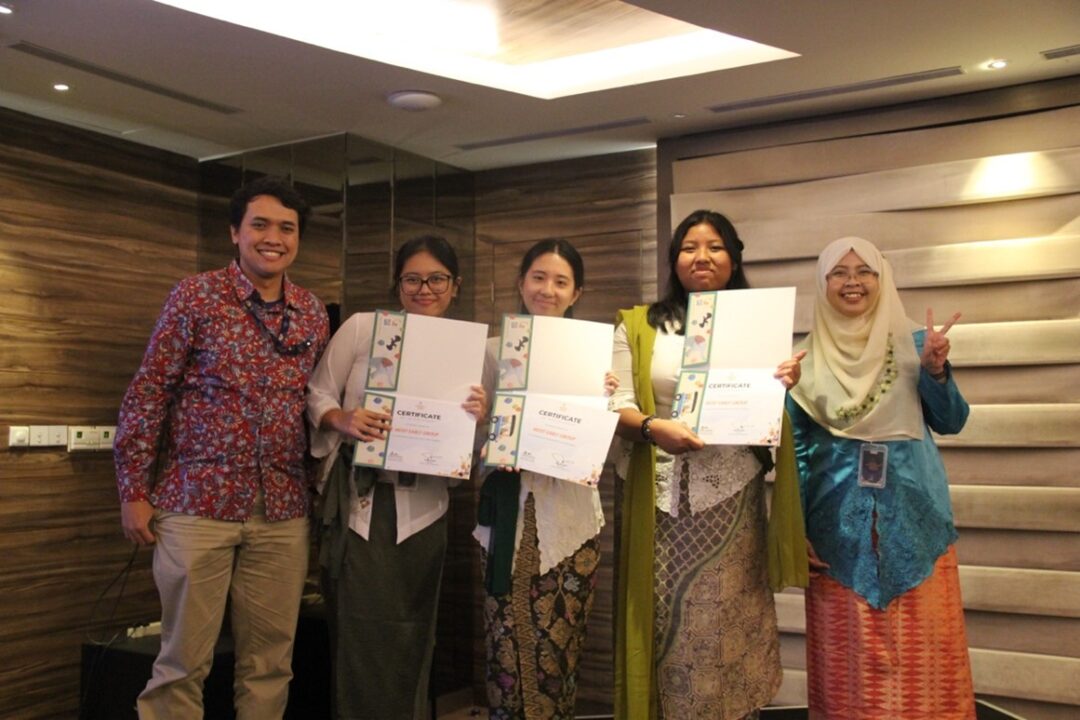
5. Feedback
I think what can be improved for the next training is the timing of everything, everything was very packed together and we really had to make it in time for each place which I know stressed out the committee and for us participants it made us unable to enjoy the place a lot more. (For example, in one of the restaurants we only had like 30 minutes or so to eat, and it felt very quick, or some people only had a short time to take pictures).
Another thing is, maybe adding museums or recreational tourist areas for the participants to visit in between the workshops or having one extra day for it, usually when having training programs in a specific country, the program would have one day dedicated to “being a tourist” day. I felt bad to several delegates who had no time exploring Jakarta at all with how their schedules lined up. —Vanessa Lee
Make the training period longer so we don’t need to rush from one place to another and have a day where we can do city tour of the place that we visit 😉 but overall, it was fun to be with other delegates and share our visions! hope we can do it again someday!! —Nathania Karina Anggraini
I enjoy the training session already. Thank you —Dina Wiantari
Please let us know if there are any sudden “changes” so we can stay informed (reffering to the pitching session 😭). Also, it would be helpful to have translations for instructions/tutorials, like the water dispenser instructions in the ballroom which weren’t in English, causing confusion for some delegates. Another thing to note is that the video shown during the visit to SMPN 48 Jakarta didn’t have English subtitles which made it hard for non-Indonesian speakers to understand. These changes would make things easier for everyone. Thank you!! 🙏 —Johanna Gracia Sunarno


